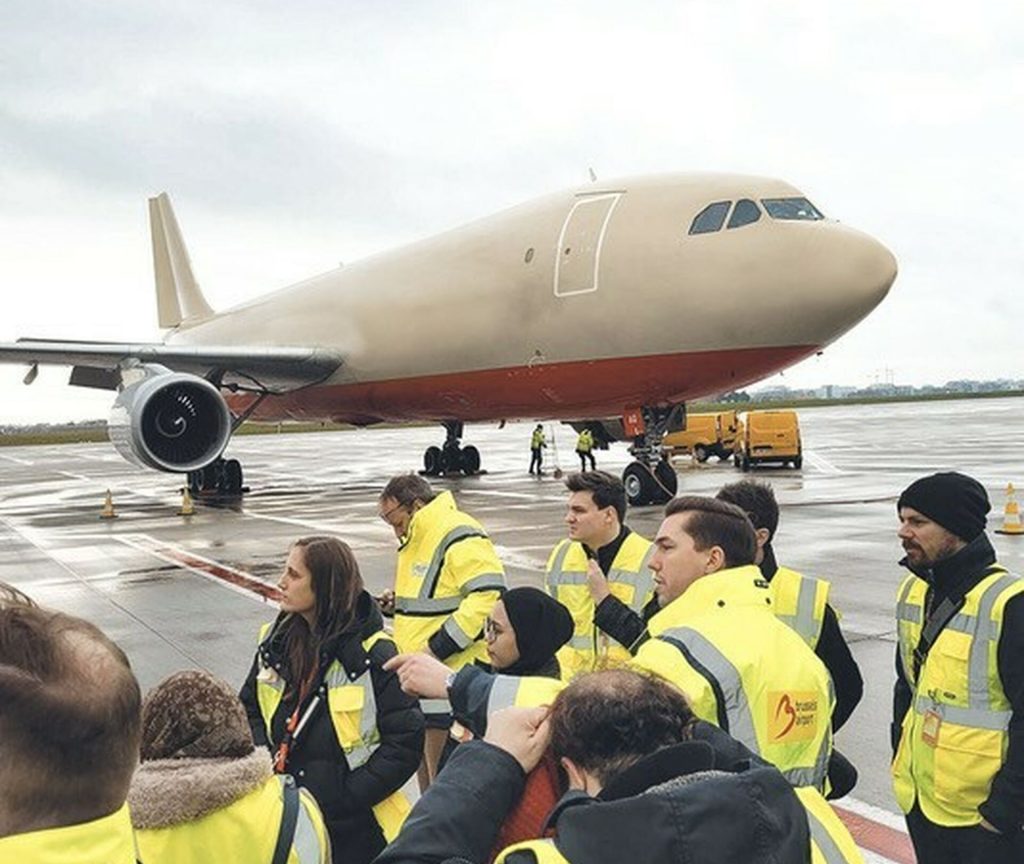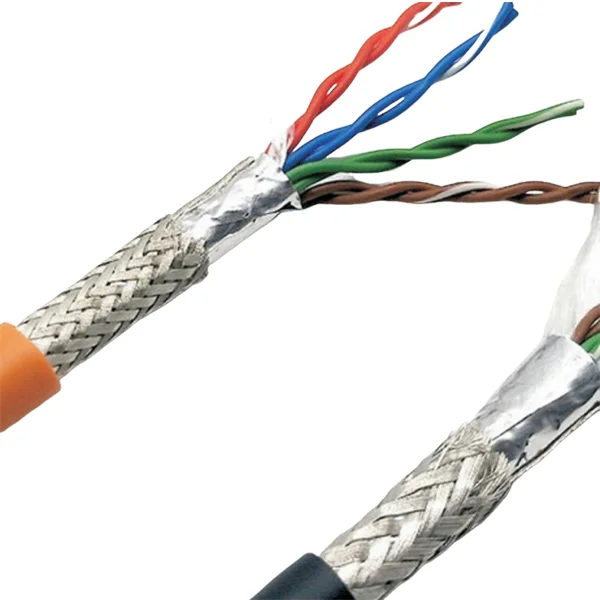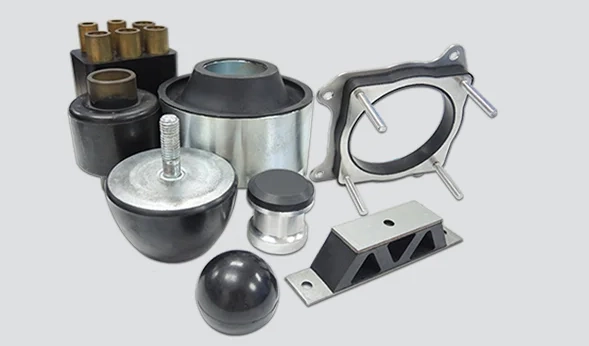
Air travel has come a long way since the Wright brothers' first flight in 1903. Over the years, technological advancements have revolutionized the aviation industry, making air travel faster, safer, and more accessible. However, the future of air travel holds even more exciting possibilities. In this blog post, we will explore the potential changes and innovations that will shape the future of air travel.
- Sustainable Aviation:
With growing concerns about climate change, the aviation industry is under pressure to reduce its carbon footprint. In the future, we can expect to see a shift towards sustainable aviation. This includes the development of electric and hybrid aircraft, the use of biofuels, and the implementation of more efficient air traffic management systems. These advancements will not only reduce emissions but also make air travel more environmentally friendly. - Supersonic Travel:
Imagine traveling from New York to London in just a few hours. Supersonic travel, which was popular in the Concorde era, is set to make a comeback. Companies like Boom Supersonic are working on developing supersonic jets that are quieter, more fuel-efficient, and capable of flying at speeds of Mach 2.2 or higher. This will revolutionize long-haul travel, making it faster and more convenient than ever before. - Hyperloop Technology:
While not directly related to air travel, hyperloop technology has the potential to transform the way we travel between cities. Hyperloop systems use low-pressure tubes to transport pods at high speeds, allowing for near-supersonic travel on land. In the future, we may see the integration of hyperloop networks with airports, providing seamless and ultra-fast connections between cities and airports. - Enhanced Passenger Experience:
The future of air travel will prioritize passenger comfort and convenience. Airlines will invest in advanced cabin designs, incorporating features like adjustable seating, personalized entertainment systems, and improved air quality. Virtual reality (VR) and augmented reality (AR) technologies will also enhance the in-flight experience, allowing passengers to explore destinations virtually or attend meetings while in the air. - Artificial Intelligence (AI) and Automation:
AI and automation will play a significant role in the future of air travel. From automated check-in processes to AI-powered customer service agents, technology will streamline and enhance various aspects of air travel. AI algorithms will optimize flight routes, reducing delays and improving fuel efficiency. Additionally, biometric identification systems will enhance security and expedite boarding procedures.
Conclusion:
The future of air travel holds immense potential for innovation and advancement. From sustainable aviation to supersonic travel and enhanced passenger experiences, the aviation industry is poised for exciting changes. As technology continues to evolve, we can expect air travel to become faster, greener, and more enjoyable. Embracing these advancements will not only benefit travelers but also contribute to a more sustainable and connected world.





